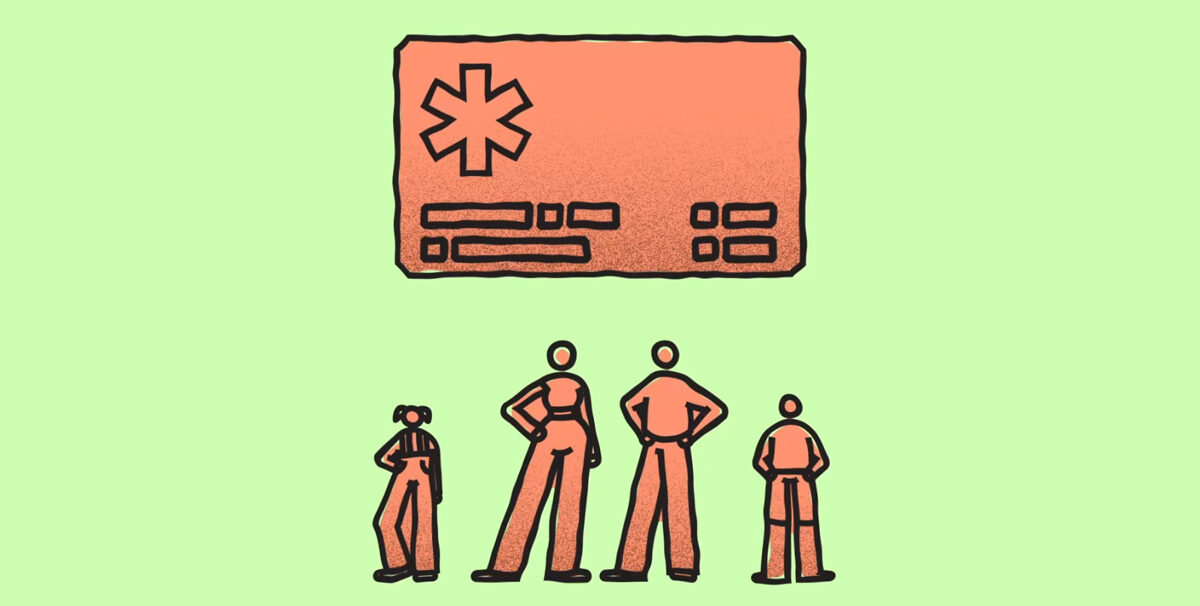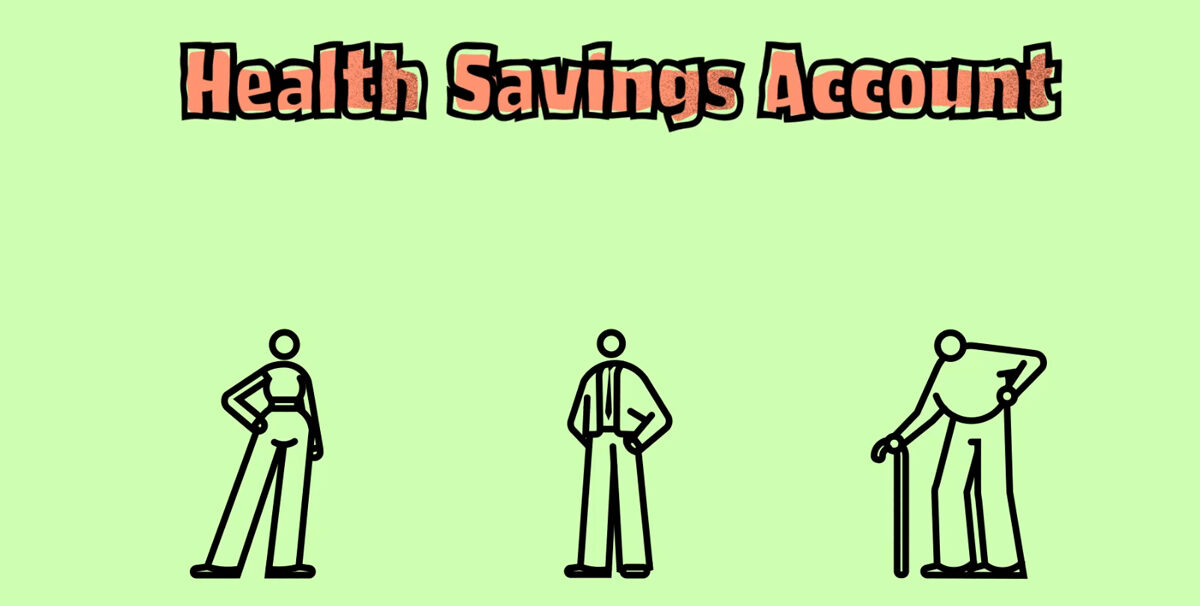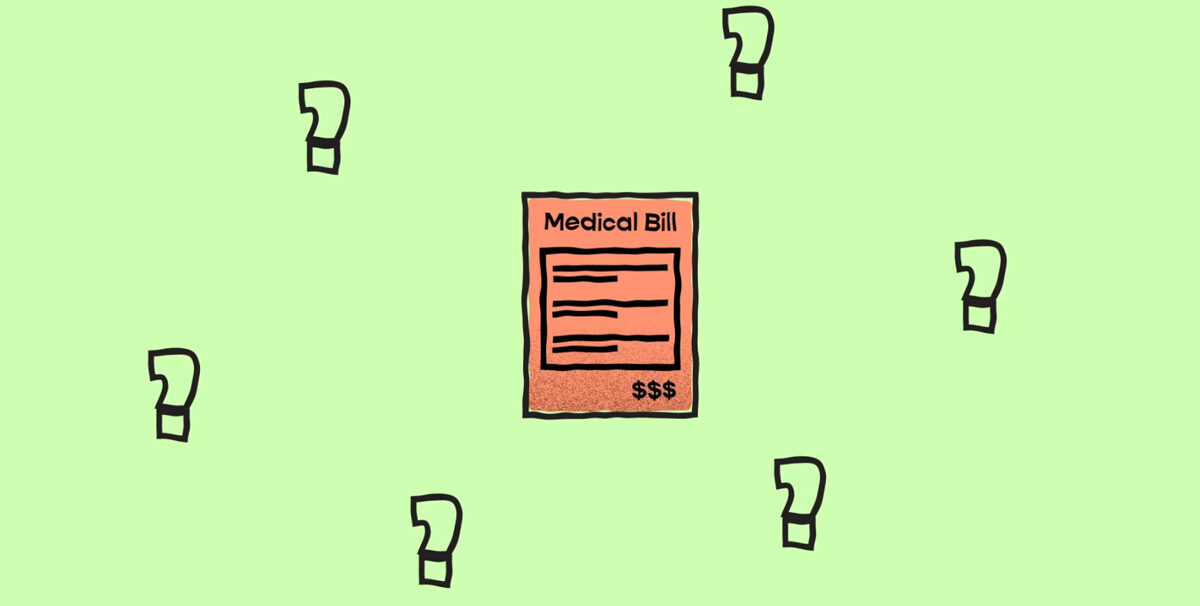The Power of Protein
Protein is having a moment, and it’s for good reason. While some focus on it for muscle-building, others view it from a weight-loss perspective. Regardless of personal goals, protein is a macronutrient essential for body function. It is made up of many building blocks called amino acids and is fundamental for good health.
Some people like to calculate their protein needs in grams instead of percentages. For example, if their daily needs are 2,000 calories, protein would make up 200-700 calories, which is 50-175 grams.
Healthy protein sources include eggs, fish, lean meats and low-fat dairy. Good plant sources include nuts, seeds, beans and lentils. Health experts recommend spreading out your protein consumption throughout the day. Eating more protein at breakfast could also help decrease hunger and cravings later in the day. Keep in mind that protein shouldn’t make up your entire meal; it should accompany fruits, vegetables and whole grains. Most people get enough protein from whole foods, but protein supplements are popular alternatives, especially for vegans and lactose-intolerant individuals.
Benefits of Protein
Protein is a vital part of one’s diet. As such, there are several benefits of protein, including the following:
- Builds muscle mass and strength
- Strengthens bones
- Aids in injury recovery
- Reduces hunger by keeping you full for long periods
- Forms essential enzymes, hormones and vitamins
Recognizing the multifaceted importance of protein underscores the need to incorporate protein sources into your diet to maintain optimal health. Talk to your doctor or health coach if you have any questions about your diet or how to develop a balanced eating plan.
Eating Out Can Be Healthy
Though it may seem like an impossible feat, you can still maintain healthy eating while enjoying a meal out with friends and family.
Foods to have in moderation:
- Condiments such as salad dressings, cheese sauces, tartar sauce and gravy
- Butter and cheese
- Fried foods such as chicken or French fries
- Beverages such as regular soda, whole milk and various alcoholic drinks
Foods to increase:
- Broth based soups
- Raw vegetables without sauce
- Fresh fruit
- Steamed seafood
- Poached or boiled eggs
- Salads with dressing on the side
- Whole-grains
- Roasted, baked, broiled and grilled meats and poultry
- Low-fat or non-fat milk, or water
- Yogurt
- Whole wheat tortillas
To make dining out healthier, order food to go, as people tend to eat less at home. Pair it with a healthy side dish and be mindful of portion sizes, as restaurant servings are often much larger than home portions.
A Daily 5-Minute Walk Could Make a Difference
Fitness trends can be overwhelming, but research shows just 11 minutes of moderate-to-vigorous exercise daily can lower the risk of cancer, heart disease, and premature death. Experts also highlight the benefits of walking, with just five minutes improving blood flow, creativity, and productivity, while strengthening muscles and delivering oxygen to the brain and muscles. Here’s how to walk more each day:
- Make small goals. For example, take a five-minute walk at lunch each day.
- Walk with friends. Knowing others rely on you helps maintain the habit and prevents walks from becoming monotonous.
- Set reminders. Determine what time works best for you. It’s easy to forget to take a break when you are at work.
- Diversify your routine. Vary your walking routes or alternate speeds to avoid boredom.
- Listen to your body. Take breaks when needed and adjust your routine to maintain consistency
The Connection Between Diet & Mental Health
Eating well isn’t just good for your body—it’s great for your mind too! The foods you choose can boost your mood, sharpen your thinking, and help you handle stress better. At the same time, your mental well-being can influence your food choices. The good news? Making small, simple changes to your diet can have a big impact on how you feel every day! Here are some ways to empower yourself to make sustainable dietary changes that benefit your mental health:
- Be thoughtful about your meals -Plan meals ahead and include nutrient-rich foods like omega-3s, antioxidants, folate, vitamin D, and magnesium for a healthy mind.
- Swap processed foods for whole foods –Choose whole foods like fruits, vegetables, whole grains, lean proteins, and healthy fats for a more nutrient-dense diet.
- Stay hydrated – drinking plenty of water supports overall health, mood, and cognitive function.
- Listen to your body – Track your meals and moods in a food journal to identify foods that boost your energy and well-being.
Your diet greatly affects your mental health. Eating nutrient-rich foods while limiting sugar and saturated fat can boost focus, cognition, and mental well-being. March is National Nutrition Month—a perfect time to prioritize healthy eating! For guidance, consult a registered dietitian.
The Benefits of Talk Therapy
Talk therapy is a valuable tool for managing life’s challenges, from grief to daily stress. Speaking with an unbiased professional can help you find solutions and develop healthy coping strategies. Talk therapy offers several benefits, including the following:
- Treatment for mental health conditions – Talk therapy effectively treats past and present mental health conditions like depression, anxiety, phobias, addiction, and trauma.
- Emotional support – Therapy provides a safe space to explore emotions with a trusted professional.
- Healthy coping strategies – A therapist can teach helpful coping strategies for stress and emotional distress.
- Improved relationships – In therapy, you can address relationship challenges and improve communication.
- Personal growth -Therapy helps identify negative patterns, promoting positive change and personal growth.
- Stress management – Stress can arise from daily life or major events like divorce or loss. A therapist can help you navigate these challenges and offer a safe space to express your feelings.
Talk therapy can ease emotional distress, but it’s helpful to start even before challenges arise. Seeing a therapist early can make future difficulties easier to handle. Contact a mental health professional for guidance.





